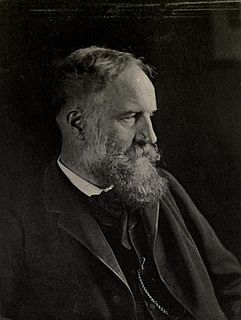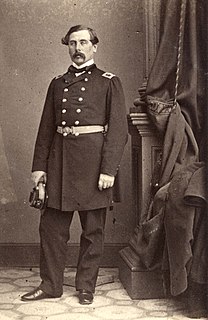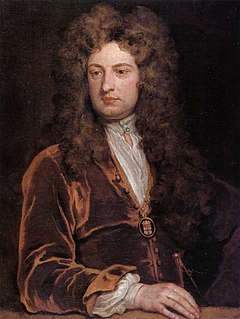A Quote by Mark Twain
A crime persevered in a thousand centuries ceases to be a crime, and becomes a virtue. This is the law of custom, and custom supersedes all other forms of law.
Related Quotes
The whole drift of our law is toward the absolute prohibition of all ideas that diverge in the slightest form from the accepted platitudes, and behind that drift of law there is a far more potent force of growing custom, and under that custom there is a natural philosophy which erects conformity into the noblest of virtues and the free functioning of personality into a capital crime against society.
The most absurd apology for authority and law is that they serve to diminish crime. Aside from the fact that the State is itself the greatest criminal, breaking every written and natural law, stealing in the form of taxes, killing in the form of war and capital punishment, it has come to an absolute standstill in coping with crime. It has failed utterly to destroy or even minimize the horrible scourge of its own creation.





































